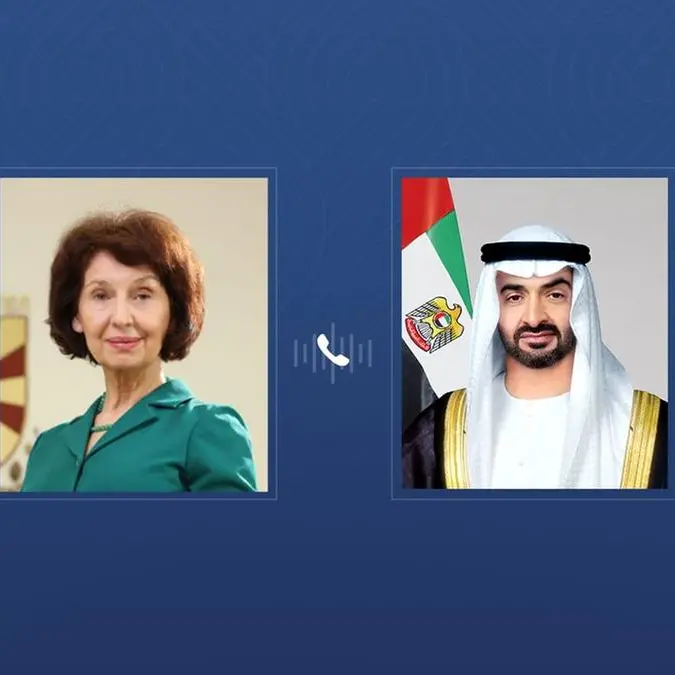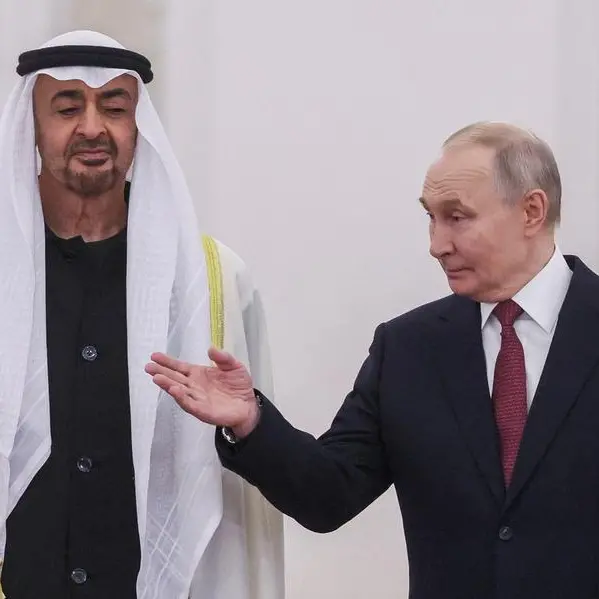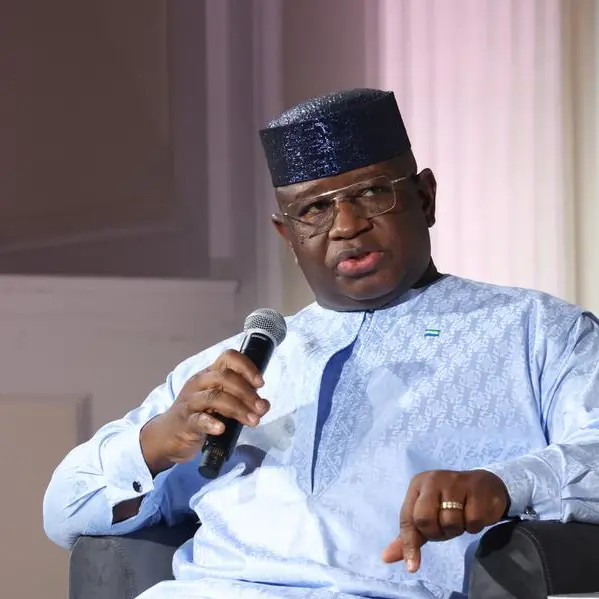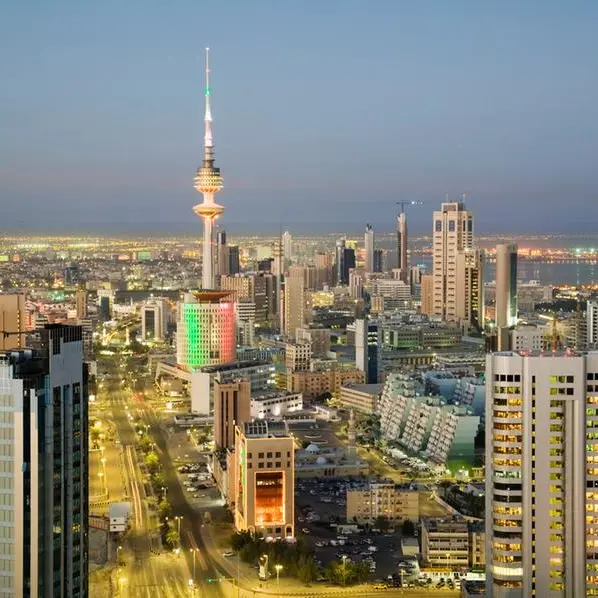PHOTO
The GCC countries are forecast to record economic growth of 1.4% in 2023, down 0.5 percentage points from the last quarter, following the implementation of crude output cuts, the Institute of Chartered Accountants England and Wales (ICAEW) said in its latest Economic Insight report.
On the other hand, GDP growth in the wider Middle East is expected to slow to 1.7% in 2023. However, optimism prevails as the region’s non-oil activity remains robust.
Businesses have reported growth in their customer base and employment, but the positive performance faces challenges due to the impending impact of high-interest rates on consumption and private investment.
Growth in the region’s non-energy sector is witnessing significant resilience, primarily fueled by the tourism-related sectors, with data showing double-digit expansion in transport, storage, accommodation and food services.
The tourism sector is experiencing rapid growth, with Dubai recording a 20% jump in tourist numbers to 8.6 million in Q1 2023.
Saudi Arabia is also witnessing substantial growth, with a 225% surge since Q1 2022. The kingdom is expecting 30 million international tourists next year.
“The surge in the tourism industry continues to bolster the GCC’s diversification efforts,” the report said.
Meanwhile, energy prices have seen strong gains, with Brent oil price rising to $90 per barrel, the highest since November last year.
Saudi Arabia recently announced extending its voluntary one million barrels per day production cut through year-end, while Russia pledged to reduce its oil exports further.
Consequently, the oil price projection has been adjusted, raising this year’s average Brent oil price estimate to $83.10 against the forecast of $81.50 three months ago.
Hanadi Khalife, Head of Middle East, ICAEW, said: “This quarter has been challenging for the region, marking weaker growth than initially predicted. However, looking forward, the planned inclusion of Saudi Arabia and the UAE into the BRICS group next year is expected to create new opportunities for increased trade and investment.”
Scott Livermore, ICAEW Economic Advisor, and Chief Economist and Managing Director, Oxford Economics Middle East, said that 2023 is forecast to be the GCC’s weakest year for the energy sector since 2017, excluding the exceptional circumstances of 2020.
Despite the outlook of inflation normalising, interest rates are expected to stay at the same levels as the GCC currency is pegged to the US dollar, preventing regional central banks from cutting rates before the Federal Reserve starts its easing cycle, the report said.
The report was commissioned by ICAEW and compiled by Oxford Economics.
(Editing by Brinda Darasha;brinda.darasha@lseg.com)





















